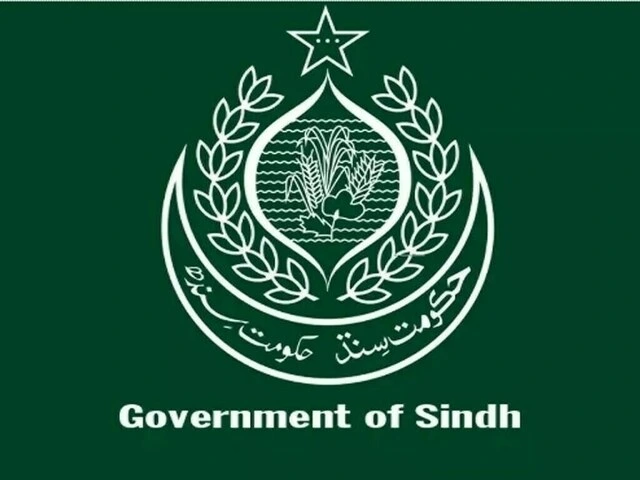Islamabad 23 July: The Auditor General of Pakistan has uncovered financial irregularities exceeding Rs 423 million in the Sindh Auqaf Department for the fiscal year 2023–24.
According to the audit reports, approximately Rs 75.94 million was kept in various bank accounts instead of being submitted to the government treasury, in violation of Sindh Financial Rules 41 and 41(a).
Of the Rs 287.36 million collected through contracts, rent, and religious offerings (Nazrana), over 25% remained in three local bank accounts located in Sehwan, Hyderabad, and Bhitshah. This goes against departmental commitments made in a December 2024 Departmental Accounts Committee (DAC) meeting, where officials pledged to deposit all receipts by the 5th of each month—a promise that lacked follow-through or documentation.
The audit further pointed to questionable expenditures of Rs 347.54 million on repair, maintenance, and development activities. It highlighted the absence of essential procedures, such as pre-audit checks before contractor payments and the hiring of a qualified Divisional Accountant. Additionally, many projects lacked proper cost estimates, work completion certificates, and maintained measurement books.
READ MORE: AGP Uncovers Rs6 Billion in Irregularities in PCB
Specifically, Rs 322.63 million was spent on original projects under the Public Sector Development Program, while Rs 24.91 million went toward maintenance.
Similar irregularities were flagged in earlier audits for 2022–23 and 2023–24, bringing the cumulative discrepancies to Rs 1.696 billion. Past reports revealed Rs 717.21 million was withheld from the treasury and Rs 979.03 million involved construction-related violations.
When questioned in DAC meetings held in December 2024 and January 2025, department representatives gave verbal assurances but failed to provide documents or evidence of corrective measures. While officials claimed to have issued instructions to ensure timely deposits and proper construction practices, the audit noted a lack of supporting proof.
The report recommended formal investigations to determine accountability for the construction issues. It also called for stricter internal controls to avoid future violations and disciplinary action against officials who mismanaged public funds.









